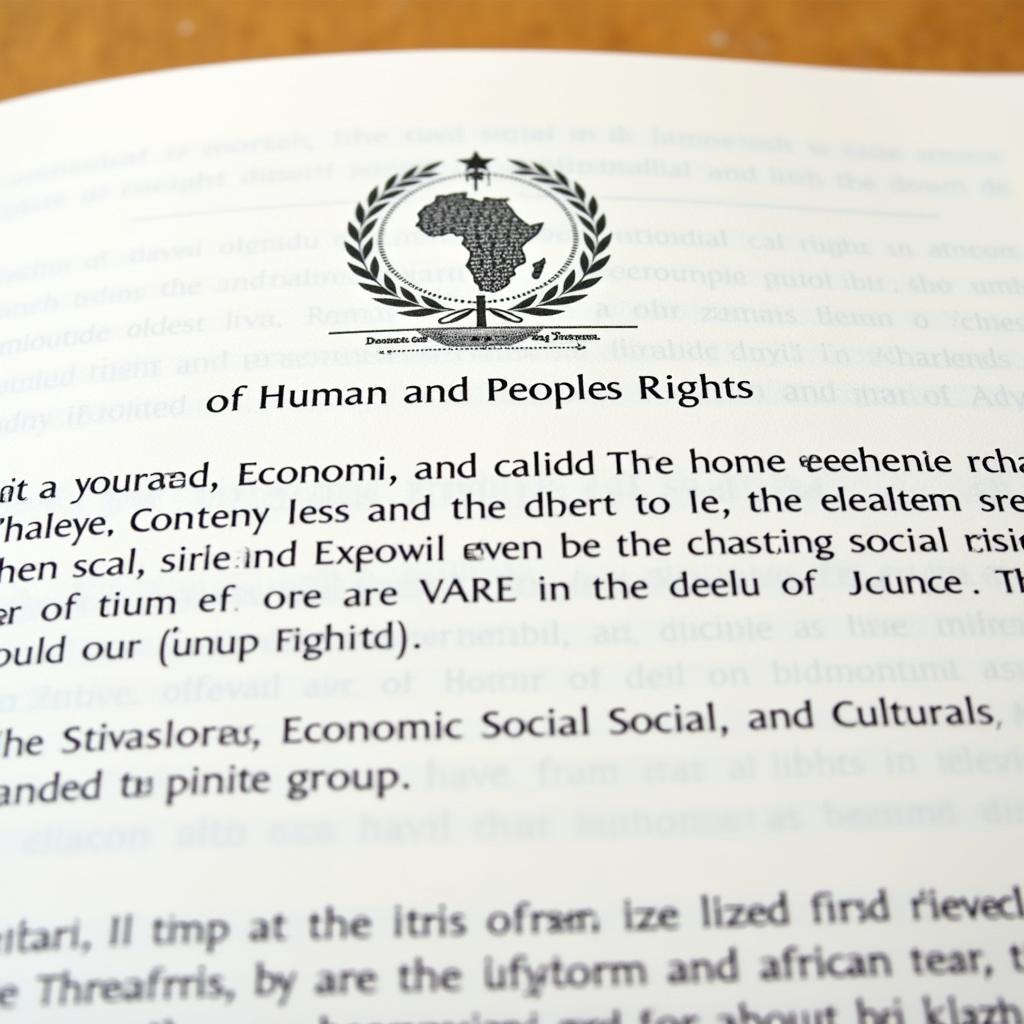How Many Countries Are There in the African Union?
The African Union (AU) is a continental body comprising 55 member states. It was founded in 2002 and is headquartered in Addis Ababa, Ethiopia. The AU aims to promote unity, solidarity, and cooperation among African countries. It also works to advance the continent’s economic, social, and political development.
Understanding the African Union
The African Union is a successor to the Organization of African Unity (OAU), which was founded in 1963. The OAU focused primarily on decolonization and promoting political independence for African countries. However, the AU takes a more comprehensive approach, seeking to address a wider range of issues, including economic development, human rights, and peace and security.
The Importance of the African Union
The AU plays a crucial role in shaping the future of Africa. It provides a platform for African countries to collaborate on issues of mutual concern and to promote regional integration. The AU also works to address conflicts and crises on the continent.
Membership of the African Union
The African Union has 55 member states, which encompass the entire African continent. Here is a list of the countries that make up the African Union:
- Algeria
- Angola
- Benin
- Botswana
- Burkina Faso
- Burundi
- Cabo Verde
- Cameroon
- Central African Republic
- Chad
- Comoros
- Democratic Republic of the Congo
- Republic of the Congo
- Côte d’Ivoire
- Djibouti
- Egypt
- Equatorial Guinea
- Eritrea
- Eswatini
- Ethiopia
- Gabon
- Gambia
- Ghana
- Guinea
- Guinea-Bissau
- Kenya
- Lesotho
- Liberia
- Libya
- Madagascar
- Malawi
- Mali
- Mauritania
- Mauritius
- Morocco
- Mozambique
- Namibia
- Niger
- Nigeria
- Rwanda
- São Tomé and Príncipe
- Senegal
- Seychelles
- Sierra Leone
- Somalia
- South Africa
- South Sudan
- Sudan
- Tanzania
- Togo
- Tunisia
- Uganda
- Zambia
- Zimbabwe
Key Initiatives of the African Union
The AU is involved in various initiatives aimed at addressing the continent’s challenges and promoting development. Here are some key initiatives:
- African Continental Free Trade Area (AfCFTA): This agreement aims to create a single market for goods and services across the continent.
- Peace and Security Council (PSC): The PSC is responsible for addressing conflict and crises in Africa.
- Agenda 2063: This is a long-term development plan for Africa, outlining the continent’s vision for the future.
- New Partnership for Africa’s Development (NEPAD): NEPAD is a program that seeks to accelerate economic development and social progress in Africa.
The African Union’s Impact
The African Union has had a significant impact on the continent. It has helped to promote peace and stability, facilitate economic development, and advance human rights.
According to Dr. Abena Mensah, a renowned African historian:
“The African Union has been instrumental in bringing African countries together to address common challenges. It has fostered a sense of unity and solidarity across the continent, which is essential for its future progress.”
The AU continues to play a vital role in shaping the future of Africa. Its efforts to promote peace, security, and development are critical for the continent’s success.
Frequently Asked Questions
Q: How many countries are there in Africa?
A: There are 54 independent countries in Africa.
Q: What is the difference between the African Union and the United Nations?
A: The United Nations is a global organization, while the African Union is a regional organization focused on the African continent.
Q: Why is the African Union important?
A: The AU provides a platform for African countries to cooperate on issues of mutual concern, promoting regional integration and addressing conflicts.
Q: What is the future of the African Union?
A: The AU is well-positioned to play an even greater role in shaping the future of Africa. It continues to work towards achieving its goals of promoting peace, development, and unity on the continent.
Q: Can I learn more about the African Union?
A: You can learn more about the African Union by visiting their official website: https://au.int/.
Conclusion
The African Union is a vital institution for the continent of Africa. With its 55 member states, it brings together African nations to work collaboratively towards a shared future. The AU’s initiatives focus on peace, security, development, and integration.
The future of Africa is bright with the African Union at the forefront, driving the continent towards progress and prosperity.

